It’s the people’s war on Covid, but President Xi is the biggest winner
Chinese leader Xi Jinping is tightening his grip on power with a hardline zero-Covid policy and a never-ending cycle of lockdowns.
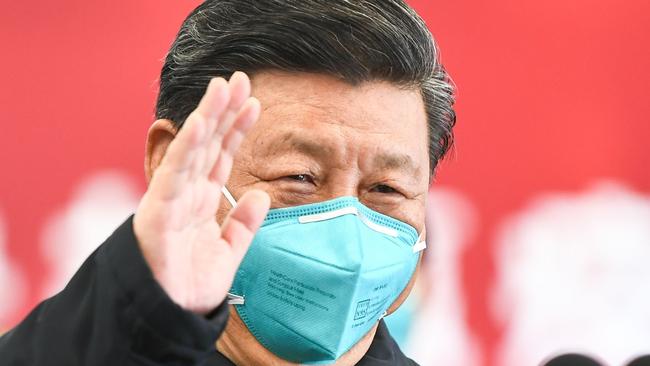
As President Xi Jinping was elevated to the pantheon of Chinese communist immortals in Beijing last week, citizens at the outer fringes of his realm were counting the cost of his determination to crush the pandemic.
Alone on the world stage and against the advice of even China’s own leading virus experts, his regime is clinging to a hardline “zero Covid” strategy, deploying severe crackdowns, mass testing and sealed borders in an attempt to eradicate the coronavirus while furthering its political goals.
The narrative that Xi, 68, has led the country to victory in a “people’s war” against the pandemic featured prominently in the hagiographic coverage of his achievements by state media during a party conclave over recent days.
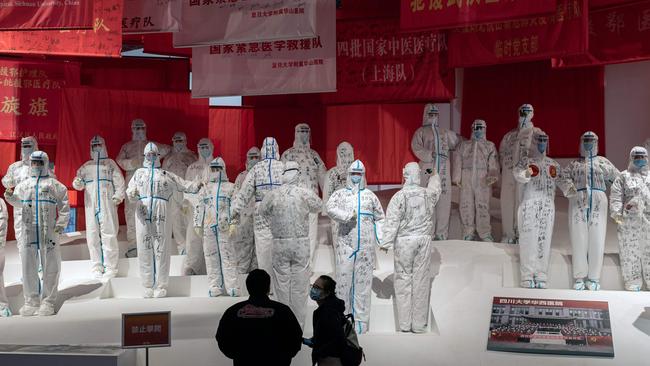
But 2,000 miles away from the capital, there was no triumphalism in the south-western border city of Ruili. Since the lifting of the Wuhan lockdown 19 months ago, nowhere has suffered more than the jade trading hub as infections swept across the frontier from neighbouring Myanmar.
One couple, food stall vendors identified only as Mr and Mrs Lu, thought they had survived the worst a few months ago.
Then they were stranded at a farmers’ market, two miles from home, by a snap lockdown in March, and spent 40 days sleeping on the floor of a friend’s shop. Lu’s 94-year-old mother fell badly ill with a lung infection while they were trapped, and died two months later.
Late last month they were ordered out of their home because of nearby Covid infections and moved into quarantine, sleeping on wooden bunks in a noisy metal shack.
The cycle of lockdowns and closures has left the family - and many others in Ruili - in desperate economic straits, with no income and rapidly depleting savings. Many have simply abandoned the former boom town in the hope of making a living elsewhere.
“No one knows what we’ve seen, what we’ve heard, what we’ve experienced, and no one can understand how it feels for a native Ruili resident to see people disappearing from the streets one after another,” said one jade merchant.
A trader said that his toddler son, not yet two, has been tested more than 70 times. A 14-month girl automatically opens her mouth when she sees anyone in protective gear after being tested dozens of times.
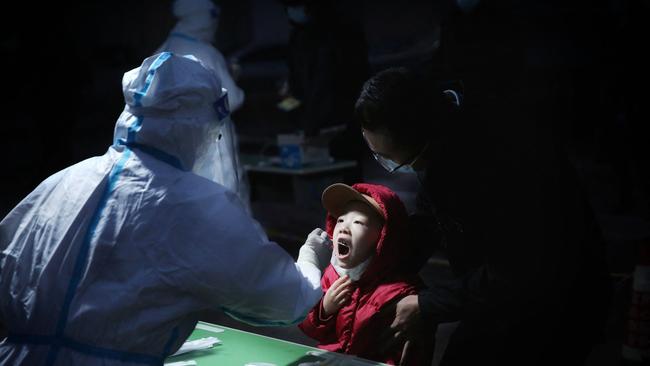
Across China, officials are fighting to suppress more than 1,000 active infections across 21 regions - the broadest flare-up since the virus first emerged in Wuhan although low by international standards for a country of 1.4 billion.
The stakes are highest in Beijing, where 45 cases have been detected in the current wave - the highest since June last year. Companies have been told to cancel conferences, residential compounds have been locked down and a major shopping mall closed after infections.
In Shanghai earlier this month, more than 30,000 visitors to Disneyland were held inside the theme park and forced to wait long into the night for tests when a guest tested positive for Covid two days after their visit.
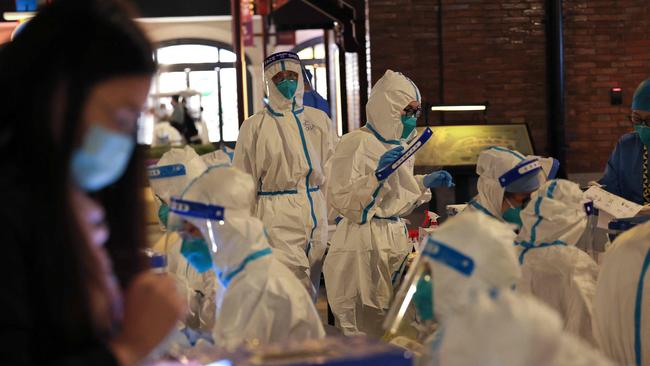
National health officials said last week that the country would maintain stringent curbs and border controls until at least spring, despite a double vaccination rate of about 70 per cent.
So why has Beijing clung to this strategy, even as other adherents to “fortress” tactics such as Australia, Singapore and several Asian states have tentatively eased restrictions and adopted a “living with Covid” approach?
Next year’s calendar offers two significant reasons. First, Beijing will host the Winter Olympics in February and the administration is determined that no bad news or distraction will spoil its party.
The country’s leaders are already seething over calls for an international boycott to protest against their actions in Xinjiang, Tibet and Hong Kong. They intend the event to showcase the supremacy of the Chinese model for pandemic containment. Any major new outbreak would not only undermine the claim to have vanquished the virus but would also fuel scepticism about the efficacy of the Chinese-made vaccines on which Beijing has solely relied.
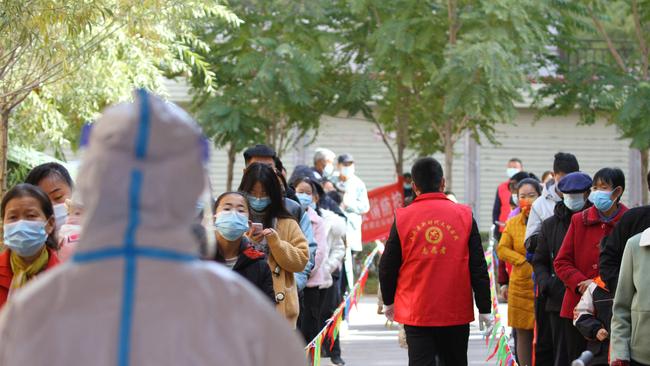
Another important date looms later in the year: the 20th party congress. At that gathering, Xi seems certain to tighten his grip on power with a third term in office - and the option of indefinite rule - after last week’s party plenum, a four-day meeting of the Communist Party central committee. It passed a rare “historical resolution” acclaiming Xi’s role in the “rejuvenation” of the Chinese nation. The only earlier resolutions were passed under Mao Zedong and Deng Xiaoping, who dominated the country for decades.
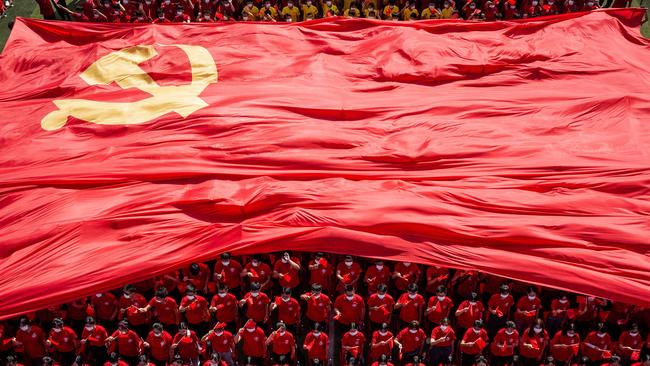
Some analysts believe that Covid restrictions will not be substantially relaxed before that set-piece event, which is expected to be held in October or November.
“There’s no hint of easing up on restrictions,” said Huang Yanzhong, a Chinese public health expert at the Council on Foreign Relations. “One of the shining bright spots of Beijing’s narrative for the Olympics and the party congress, as during this plenum, is the handling of the pandemic. They are so invested in it that it is difficult to see how they can back away any time soon.”
Gauging public opinion in a dictatorship is an inexact pursuit but the “Covid zero” policy, amplified by relentless government messaging about the dangers of the virus, seems to be popular. Indeed, when Ruili’s long-suffering residents lamented their plight, they were drowned out on social media by supporters of the crackdown.
It is a striking turnaround. Discontent flared online early last year, reaching a peak following the death from the virus of a whistleblower medic in Wuhan. There was speculation then that Xi was facing a moment comparable to the 1986 Chernobyl nuclear disaster that precipitated the collapse of the Soviet Union.
Instead he weathered the squall and held course.
“From Beijing’s perspective, China is still reaping the benefits of its zero tolerance approach,” Huang said.
“They look at countries as different as Singapore and the UK - which have seen cases rise after moving away from a containment approach - and they say: ‘See, we’re in control.’”
The Sunday Times


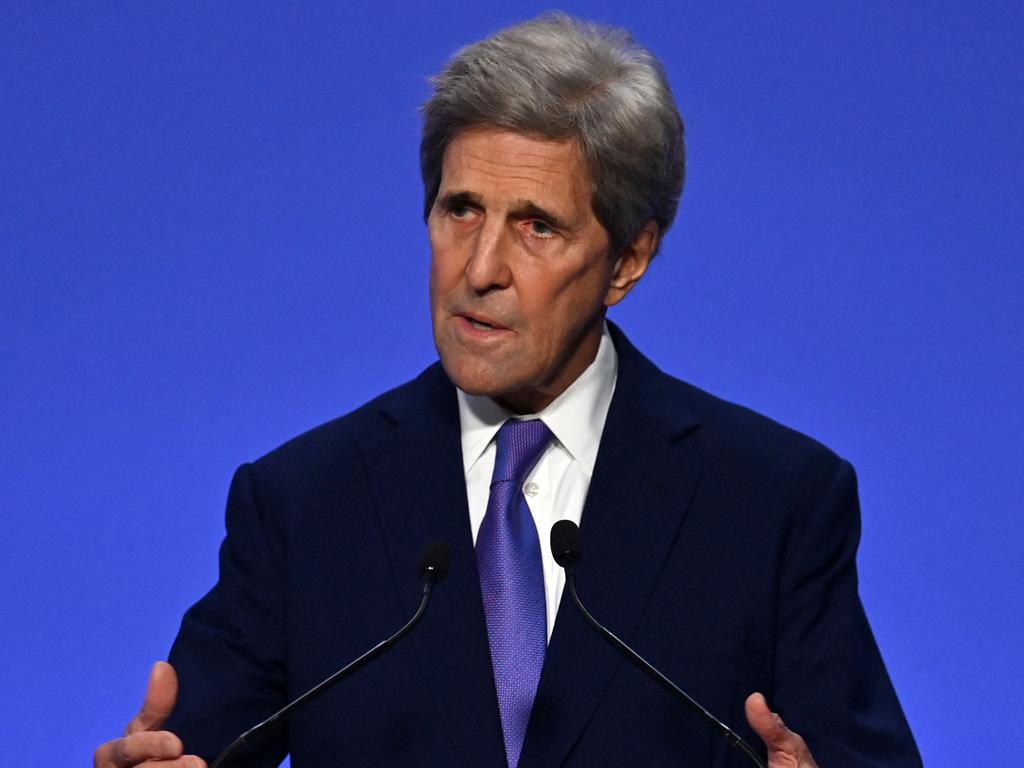

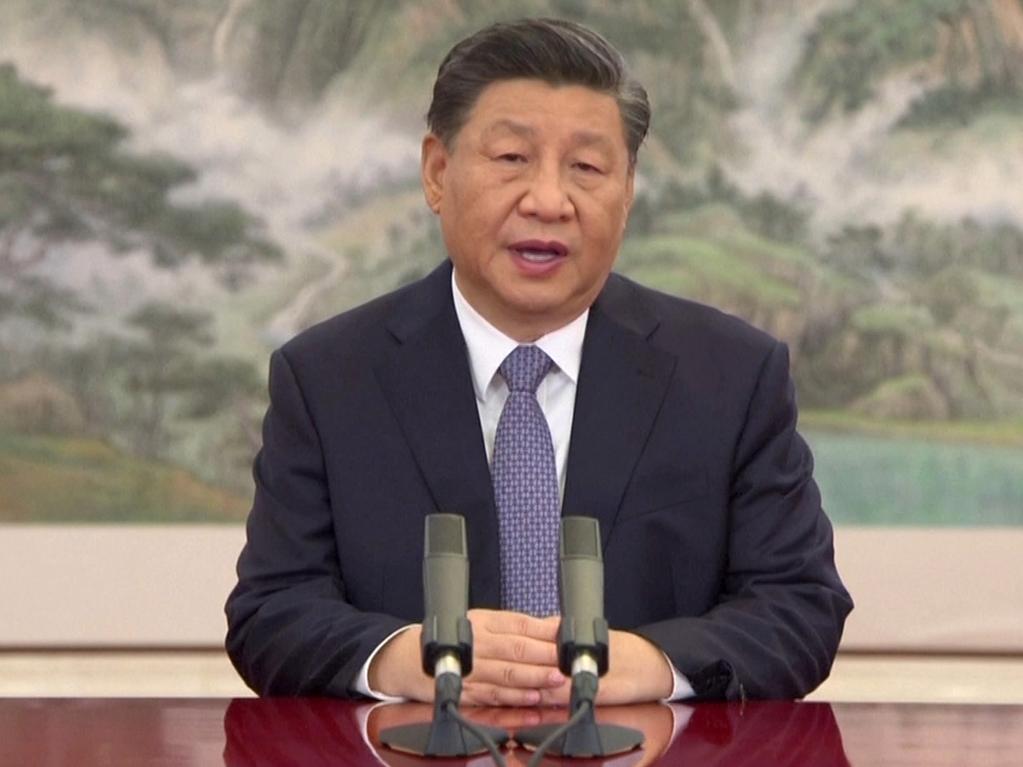


To join the conversation, please log in. Don't have an account? Register
Join the conversation, you are commenting as Logout